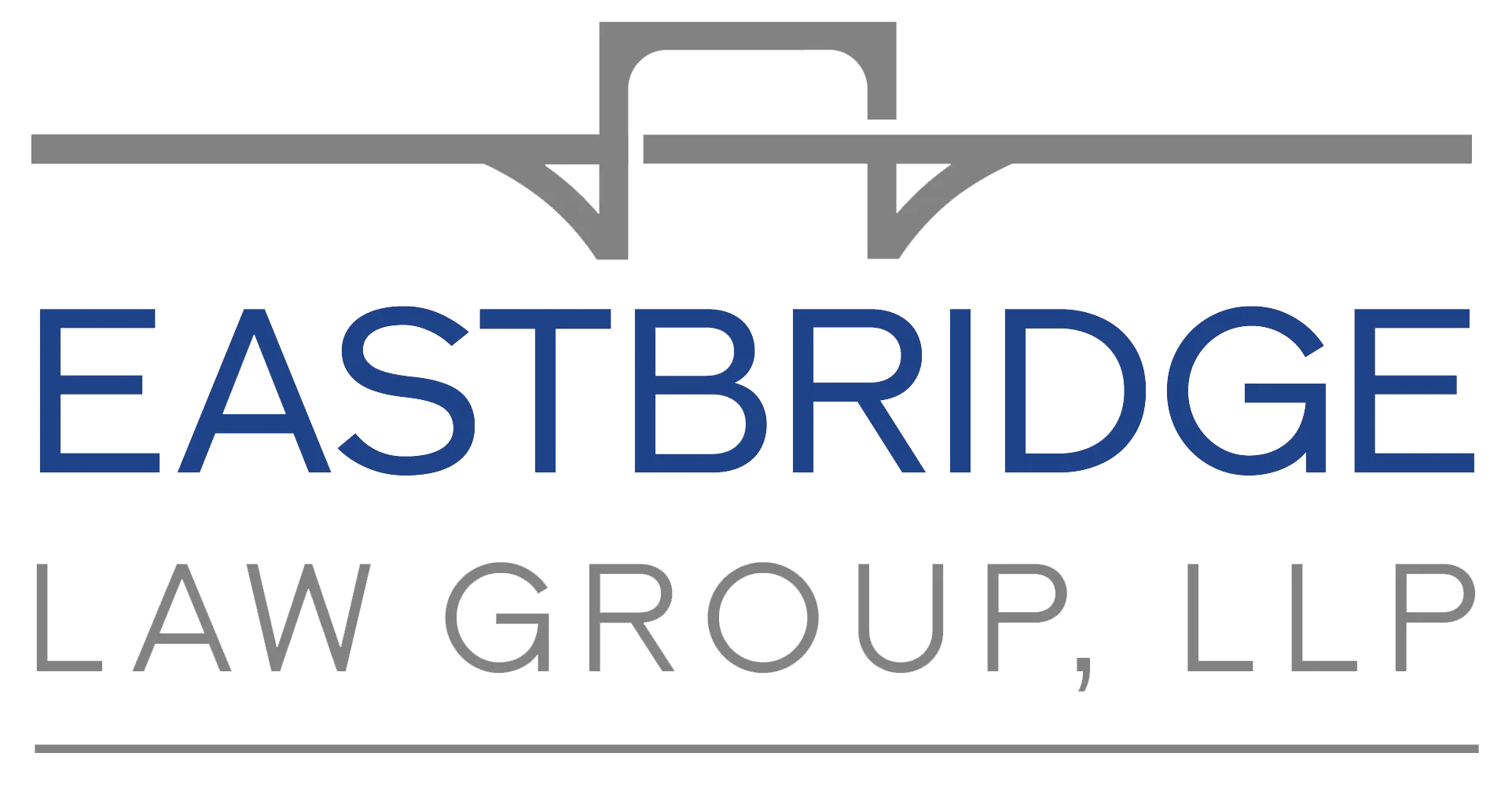Employment-Based Immigration
What Is Employment-Based Immigration?
Every year, tens of thousands of people travel to the United States to work, lending their diverse set of skills and expertise to universities, businesses, religious institutions, and other industries all over the country. There are a range of different pathways to employment-based immigration that cover many different circumstances and needs. Whether you are an individual seeking to pursue a career opportunity in the U.S., or an employer looking to tap into the international talent pool, our experienced immigration attorneys are here to help.
The path to obtaining an employment-based visa can often be long and complex, with a lot of eligibility requirements to keep track of, deadlines to adhere to, and documentation to gather. That’s why it’s important to have the assistance of capable experts who can walk you through every step with confidence. Schedule a consultation today to get started.
Our attorneys offer free initial evaluations over the phone, as well as longer, situation-specific paid appointments for more detailed guidance.
Call Eastbridge Law Group, LLP at 608-216-7000 to schedule free initial case evaluation with a lawyer today.
Permanent Workers
Most employment-based immigrant visas are divided into two categories: permanent workers, who may have the right to live permanently in the United States; and temporary workers, whose employment-based visa will only be valid for a set length of time. For permanent workers, the available visas as divided into preference categories.
- EB-1 (Priority Workers): Individuals with extraordinary ability in the sciences, arts, education, business, or athletics; outstanding professors or researchers; and multinational executives or managers. This category is usually for people considered in the top 10% of experts in their field.
- EB-2 (Advanced Degree Professionals): Professionals with advanced degrees or exceptional ability in the arts, sciences, or business. This category includes cases that qualify for a National Interest Waiver (NIW).
- EB-3 (Skilled Workers, Professionals, and Other Workers): Skilled workers with at least 2 years of experience, professionals who hold a Bachelor’s degree, or certain other unskilled workers not seeking temporary employment.
- EB-4 (Special Immigrants): Religious workers sponsored by the religious organizations, special immigrant juveniles, members of the U.S. Armed Forces, and other special categories.
Employers who file an immigrant petition under categories EB-2 and EB-3 are usually required to obtain a labor certification from the U.S. Department of Labor. This is to certify that there are no qualified U.S. workers available for the offered position, and is also known as a PERM Labor Certification. However, an individual worker can avoid the need for a PERM certification by filing a National Interest Waiver (NIW).
Religious organizations can petition on behalf of religious workers for an EB-4 visa. In the application, the petitioner will have to prove that they are a recognized, tax-exempt religious organization in the United States, and demonstrate how they will compensate the immigrant religious worker. They will also have to submit evidence of the religious worker’s membership in their denomination, their qualifications to perform their duties, and proof of their past religious work. This visa can be applied for while the individual is already present in the U.S. on a temporary visa like the R-1 nonimmigrant visa for religious workers.
Each of these visa categories comes with its own complicated set of rules and requirements, and it makes a world of difference to have the extensive experience of the Eastbridge team on your side throughout. We’ll be there to handle all aspects of your filing preparations, to collect and draft all the necessary documentation, and to make sure you can navigate the process with confidence.
Temporary Workers
Individuals can also come to the United States to work on a temporary basis, as nonimmigrants. There are many pathways for this sort of employment-based immigration. Common visa types include:
- H-1B (Specialty Occupations) – Workers with a Bachelor’s degree or equivalent training in a highly specialized field.
- L-1 (Intra-Company Transfers) – U.S. employers transferring an executive or manager from a foreign office to one of their offices in the U.S.
- O-1 (Individuals with Extraordinary Ability) – Those with extraordinary ability and/or achievements in the sciences, education, business, athletics, or the arts.
- R-1 (Nonimmigrant Religious Workers) – Ministers and others in religious vocations coming to the U.S. to perform religious work.
- TN (NAFTA/USMCA Professionals) – Canadian and Mexican citizens in specific professional roles.
Whatever your path to employment-based immigration, the process will involve strict deadlines, extensive documentation, and evolving regulations. . Mistakes can lead to denials, delays, or the loss of work authorization. Our team at Eastbridge has the detailed knowledge to provide you with tailored strategies to match your unique needs—whether you’re an employer seeking to fill key roles, or a professional building your career in the United States. Reach out to us today for a free consultation.
Have Questions About Your Immigration Case?
Call Eastbridge Law Group, LLP today at 608-216-7000 to connect with an immigration attorney and determine which type of appointment is the best fit for your needs. Our attorneys offer free initial evaluations over the phone, as well as longer, situation-specific paid appointments for more detailed guidance.
Learn more
about our firm and
read reviews from clients who have trusted us with their most important legal matters.



